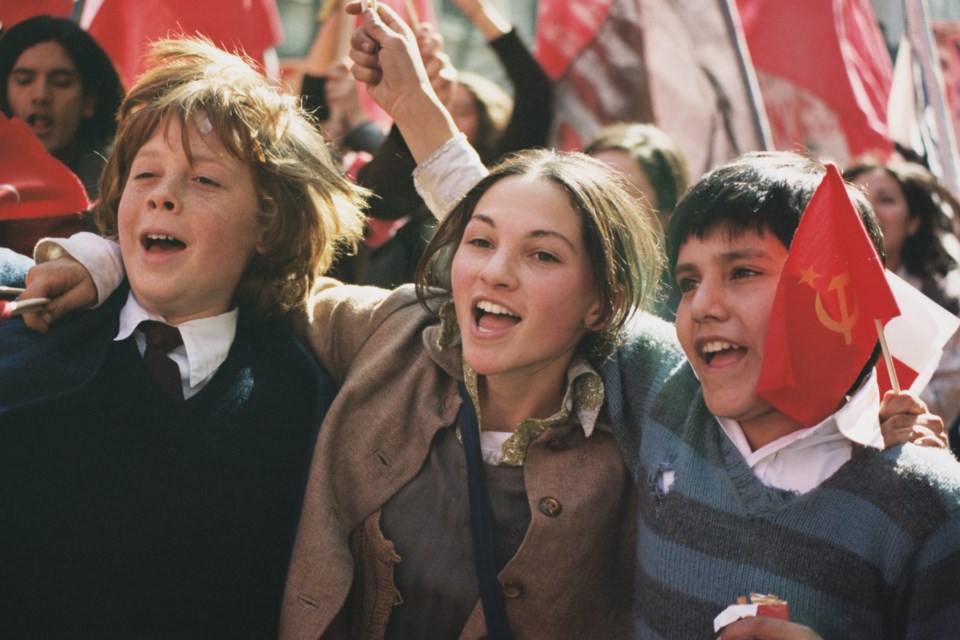Put down the Isabel Allende and get thee to the cinema! The Vancouver Latin American Film Festival, the largest festival of its genre in Canada, is taking you to Chile.
Exhibited across three venues in downtown Vancouver, screenings have been organized into 10 sections, including the New Directors Competition, the Al Jazeera Documentary Competition, Short Film Competition, Canada Looks South, and more. The festival will award $5,000 in cash prizes for its various competitions, and, for the first time this year, VLAFF will also present an Audience Choice Award.
Six Chilean filmmakers will be in attendance, and VLAFF will also host a retrospective on one of Chile’s most recognized screen stars, Manuela Martelli, with the actress in the audience.
In keeping with VLAFF’s 12-year legacy of showcasing new Latin American filmmakers alongside more established ones, Marcos Carnevale’s film Lion’s Heart – one of the best romantic comedies to come out of Argentina in the last decade – will be the opening night picture Aug. 28, followed by a party at the Fox Cabaret. The festival will close Sept. 7 with the animated film Anina by director Alfredo Soderguit.
To honour the 55th anniversary of the Cuban Film Institute (ICAIC), there will be an Aug. 31 screening of the classic Cuban film Memories of Underdevelopment (1968), considered by many to be one of the top 100 films of the 20th century. No One Writes to the Colonel, the 1999 film adaptation of the novella by the late writer and Nobel Prize winner Gabriel García Márquez, will be screened Sept. 5.
Canada Looks South will highlight films Chilean-Canadian filmmakers, while Indigenous Film from BC and Beyond will showcase films by BC First Nations filmmakers alongside indigenous filmmakers from Oaxaca, Mexico.
The Museum of Anthropology at UBC will host a series of Afro-Cuban films as part of their exhibition “Without Masks: Contemporary Afro-Cuban Art”, and the Etxepare Basque Institute in Spain has curated a program of contemporary Basque cinema which will be screened Sept. 1 with film director Telmo Esnal in attendance.
Ninety-eight per cent of these films will not be commercially released in Canada. All films are subtitled and are open to the general public, and tickets can be bought at VLAFF.org.



